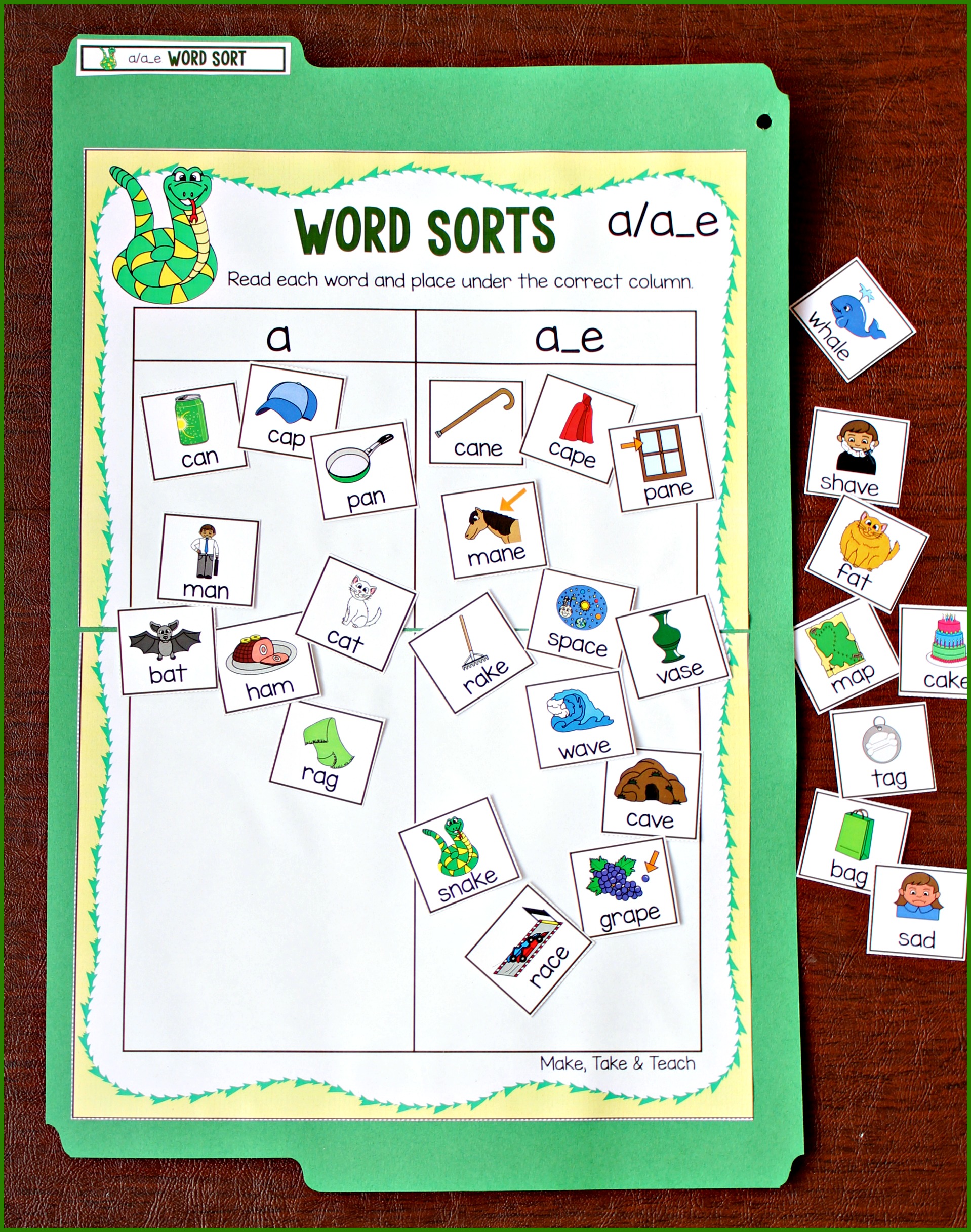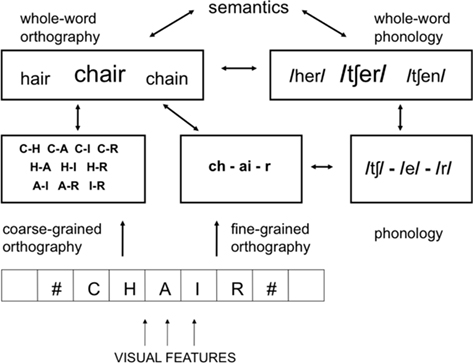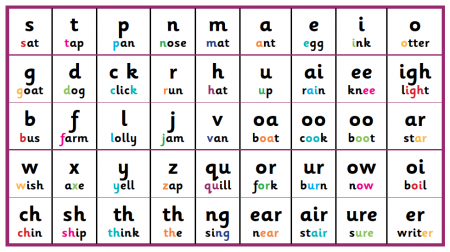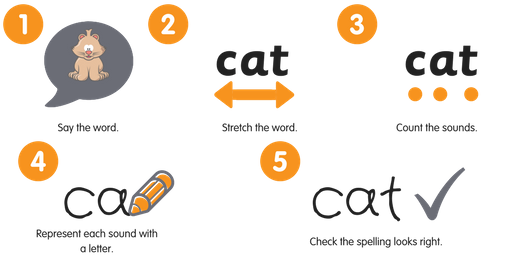Module 6 (Week 2) Vocabulary
1.) Invented Spelling
- "allows students to write even before they can read during the emergent stage" (Words Their Way)
Invented spelling offers creativity within the literacy classroom by allowing students to attempt to communicate with the letters and sounds that they are already familiar with. This also allows teachers to identify struggling students who are not familiar with letter-sound recognition.
2.) Word Walls
-"a collection of words which are displayed in large visible letters on a wall, bulletin board, or other display surface in a classroom"(readingrockets.com)Word walls within the literacy classroom are essential because this teaches students new vocabulary and offers them a wide variety of new words that they are able to see daily around the classroom. They promote vocabulary growth and improvements in literacy.
3.) Word Sorts
-" A basic word study routine in which students group words into categories"(Words Their Way)
Word sorts allow students to become familiar with and confident with word spelling patterns. They helps students learn how the spelling of certain words are similar.
4.) Orthography
-"the writing system of a language-specifically, the correct sequence of letters, characters, or symbols"(Words Their Way)
When it comes to literacy, orthography is an important part of being able to spell and recognize words and how they relate to each other because it teaches students the different letter sounds of a word to form a word.
5.) Morphemes
-"meaning units in the spelling of words"(Words Their Way)Morphemes are the building blocks of academic vocabulary and help students learn how to identify the meaning of new words within literacy.
6.) Phonemes
-"the smallest unit of speech that distinguishes one word from another"(Words Their Way)
Being able to identify phonemes is an important phonemic awareness skill within literacy. This helps students identify if different parts of a word compared to another have the same sounds, which helps form vocabulary.
7.) Synthetic Phonics
-"phonics instructions that begins with individual sounds and the blending of sounds to form words"(Words Their Way)Synthetic phonics offers and teaches students emphases on pronouncing each phoneme correctly. This helps children learn how to make connections between letters and the sounds they make.







Comments
Post a Comment